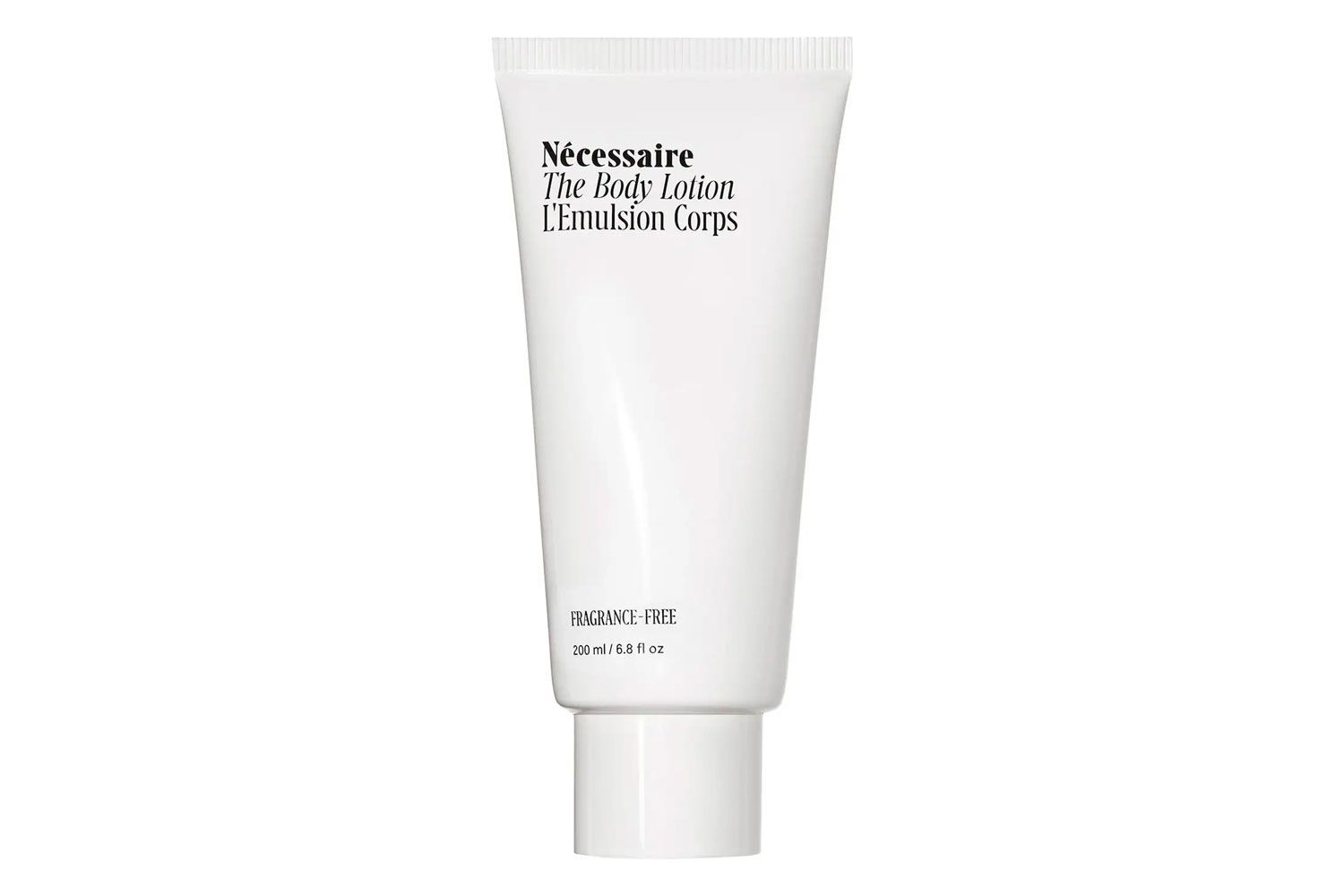Winkelwagen
U heeft geen artikelen in uw winkelwagen
Frei übersetzt bedeutet "Amouage" so viel wie "Welle der Emotionen" - was für die Duftkollektionen des luxuriösen Parfümhauses eine durchaus treffende Beschreibung abgibt. Schon ein Blick auf die Geschichte von Amouage zeigt, dass es sich nicht nur bei jedem Parfum, sondern auch der Marke selbst um eine echte Besonderheit handelt. Gegründet wurde das Dufthaus im Jahr 1983 - aber nicht aus irgendeinem Grund, sondern auf expliziten Wunsch des Sultans Qaboos. Der wollte damit die jahrhundertealte Tradition von Parfum und Düften aus der Region Oman wahren. Gelungen ist ihm das in Anbetracht der Duftkollektionen und der internationalen Bekanntheit der Marke allemal. Die orientalischen Wurzeln finden sich in jedem Amouage Parfum, was auch nicht verwundern sollte - schon in der Antike war Oman für seine Düfte, von Oud bis Weihrauch, und intensiven Gewürzen bekannt. Solche und weitere Essenzen greifen auch die Düfte auf.
Die Duftkollektionen von Amouage werden heute rund um den Globus an ein erlesenes und anspruchsvolles Publikum verkauft. In Sib, unweit der omanischen Hauptstadt Muskat, befinden sich noch heute die Büros und Museen der Marke. Des Weiteren charakterisiert die Duftkollektionen ein weiterer wichtiger Umstand: Amouages Kreationen gewannen, als einzige des Orients, den prestigereichen Award zum "Star-Produkt des Jahres". An die Erfolgsgeschichte knüpfte man mit allen nachfolgenden Kreationen an - weshalb das Dufthaus heute noch zu den renommiertesten Häusern seiner Art zählt. Typischerweise kombinieren die Parfums Essenzen aus der Region mit französischen olfaktorischen Techniken, um den Düften eine einzigartige Silhouette und Haltbarkeit zu verleihen - sehr zum Gefallen ihrer Träger.

Dia Man by Amouage is stunning. Stunning! Not my favourite Amouage to wear “daily” and forget about it, due to its very subtle presence on skin (which for me would be a crime to miss, so I’d rather wear it when I’ve enough attention and peace of mind to appreciate it), but surely and by far, probably my favourite ever of their range as a work of. hell, there, I’ll say it: a work of art. I think it accomplishes a level of vibrant creativity and impeccable perfection no other Amouage ever did, except maybe for Ciel. But Dia probably pushes the limit even above that. It manages to be smoother, to subtract even more, to make an even more precarious, complex and thin balance perfectly stand still as a transparent ice sculpture. Just replacing ice with air. Others in their range are more easy to love, richer and more fulfilling maybe, surely performing better and thus being more appealing and easier to wear. But Dia Man is just something different.
As Gold Man, the first fragrance I’d sampled from the Omani house of Amouage, had set the standard sky-high, I approached the next one, Dia Man, with a fair bit of expectation and a tad bit of trepidation. Would Amouage be capable of creating a follow-up fragrance worthy of their stunning original? To be honest, I strongly wished they would.
Dia Man is classified as a spicy-floral-woody scent. Its top features soft spices with a drop of citrus, whose appearance, however refreshing, is only brief. The dominance of the spicy notes lasts until the floral heart of the fragrance opens up. I’d like to point out that the flowers in Dia Man never become as pronounced as those in Gold Man and, therefore, Dia Man may seem more appealing to men than its precursor. In fact, I see the role of the floral notes in Dia Man as that of a bridge between the spicy opening and the woody drydown. The level of blending in this perfume is once again incredible! It’s a truly beautiful chorus of olfactory notes: none is allowed to steal the show, yet each plays its crucial role in the overall effect. Get rid of any one of them and you’ll spoil the whole composition beyond repair.

In This Article
Raise your hand if you moisturize your face daily but you’re not as diligent about moisturizing your body (guilty!). We get it—it can feel like an extra, unnecessary step. But according to board-certified dermatologist Dr. Teresa Song, it’s best to apply body lotion every day. “Moisturized skin maintains a healthy skin barrier, preventing irritation and premature aging,” she says. And, if you have eczema-prone skin, Song actually recommends moisturizing multiple times a day.
We tested more than 80 moisturizers in our daily lives over four weeks to find the best options for a variety of skin types, skin concerns, and preferences. We evaluated each one based on its texture, ingredients, consistency, absorption, effectiveness, and overall results. We also consulted with Dr. Teresa Song and double board-certified dermatologist Dr. Maya Thosani to learn more about what you should look for in a primo body lotion for your specific needs. These are our top picks that performed well above the rest.
